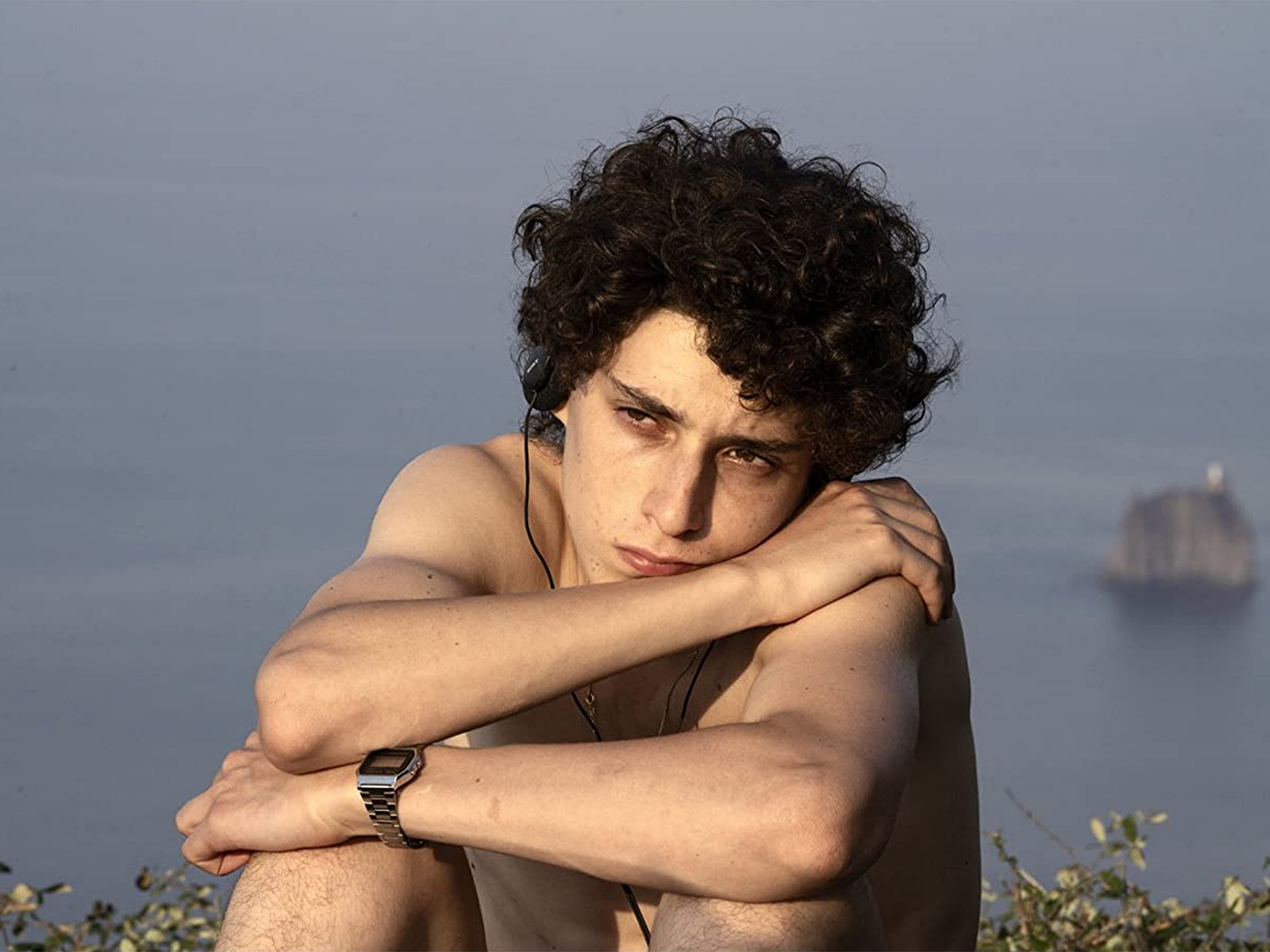
- Golden Globe Awards
The Hand of God (Italy)
In his most autobiographical film to date, The Hand of God, Golden Globe winner (in 2014 for The Great Beauty) Paolo Sorrentino returns to his hometown, Naples, where 20 years ago he shot his first movie, One Man Up (L’uomo in piu’).
In The Hand of God, produced and distributed by Netflix, Fabietto (talented newcomer Filippo Scotti) is an adolescent surrounded by an eccentric family, with a voluptuous aunt who is the object of sexual desire for all the young men around, an adoring mother (Teresa Saponangelo) and father (Toni Servillo, protagonist of many of Sorrentino’s films, including The Great Beauty and Il Divo), a loved older brother and a mysterious sister, who remains locked up in the bathroom until the very end of the film.
It is the summer of 1984 and soccer champion Diego Maradona, Fabietto’s idol, arrives in Naples to play for the city’s beloved soccer team. It turns out that Maradona’s presence in Naples will save Fabietto’s life: excited by the tickets to the match which his father has bought for him, the boy decides to stay in town to watch the game instead of going with his parents to their newly purchased house in the small mountain town of Roccaraso.
That very same night his mother and father, alone in their new house, will die of carbon monoxide exhalation from an unattended fireplace. Although indirectly, Maradona has saved Fabietto’s life, while at the same time the event has opened the floodgates to profound pain for the 16-year-old, whose desperate cry in the hospital, after having asked to see his parents, is a heartbreaking “They didn’t even let me see them!” The story reflects Sorrentino’s real-life tragedy: his parents died in those very same circumstances when the director was 16 years old and had stayed in Naples to watch Maradona play.
The story of the film is split into two parts, the first full of light, showing a close and amusingly eccentric family in which Fabietto is growing up in a world filled with his father’s sense of humor, his mother’s playful orange juggling and her own prank phone calls to unsuspecting friends. But the death of his parents infuses his life with a pain that will haunt him forever. Young Fabietto is forced to grow up and go on, finding his salvation in his dream of cinema under the example and inspiration of director Antonio Capuano – who appears at the end of the movie – who was Sorrentino’s artistic guide in real life.
The Hand of God won the Grand Prize at the recent Venice Film Festival, where young Filippo Scotti also won the Marcello Mastroianni award. “This is my most important and most painful film,” says Paolo Sorrentino, at one of the first screenings of the movie in Los Angeles. “And I am happy that all this pain could lead to so much joy which the film is already bringing me.”
He adds, “It was a very hard film for me to shoot, and some of the scenes, especially the one in the hospital where Fabietto learns about the death of his parents, were atrociously painful. I had been thinking about this film for years, but I have only found the courage to do it now, because for some reason I felt it was the right time.”
He says that the film was also important for him as a return to his roots in Naples. “I had turned 50 years old, and I had a great desire to go back to make a movie in Naples, one in which the city would be a main character. I went to the places I knew as a young man, shooting in the same house where I lived, in the apartment just a floor below, the school, the places I discovered when I was 17. I knew I had to bring that pain to the screen sooner or later, and in a way, it was cathartic. It is a bittersweet feeling now that the film has become a success.”
He continues, “The film talks in a simple and direct way about feelings which belong to us all. Outside of Italy people might think that the crazy family I portray is unreal, as in a grotesque ‘mise en scène.’ I explain that, no, they are based on real people, we Neapolitans know that it’s possible to be that way, that it always has been. People react to the film with laughter and tears, as I was hoping they would. And so many come to me at the end of the film telling me about their similar dramatic stories. We are all in the same boat.”